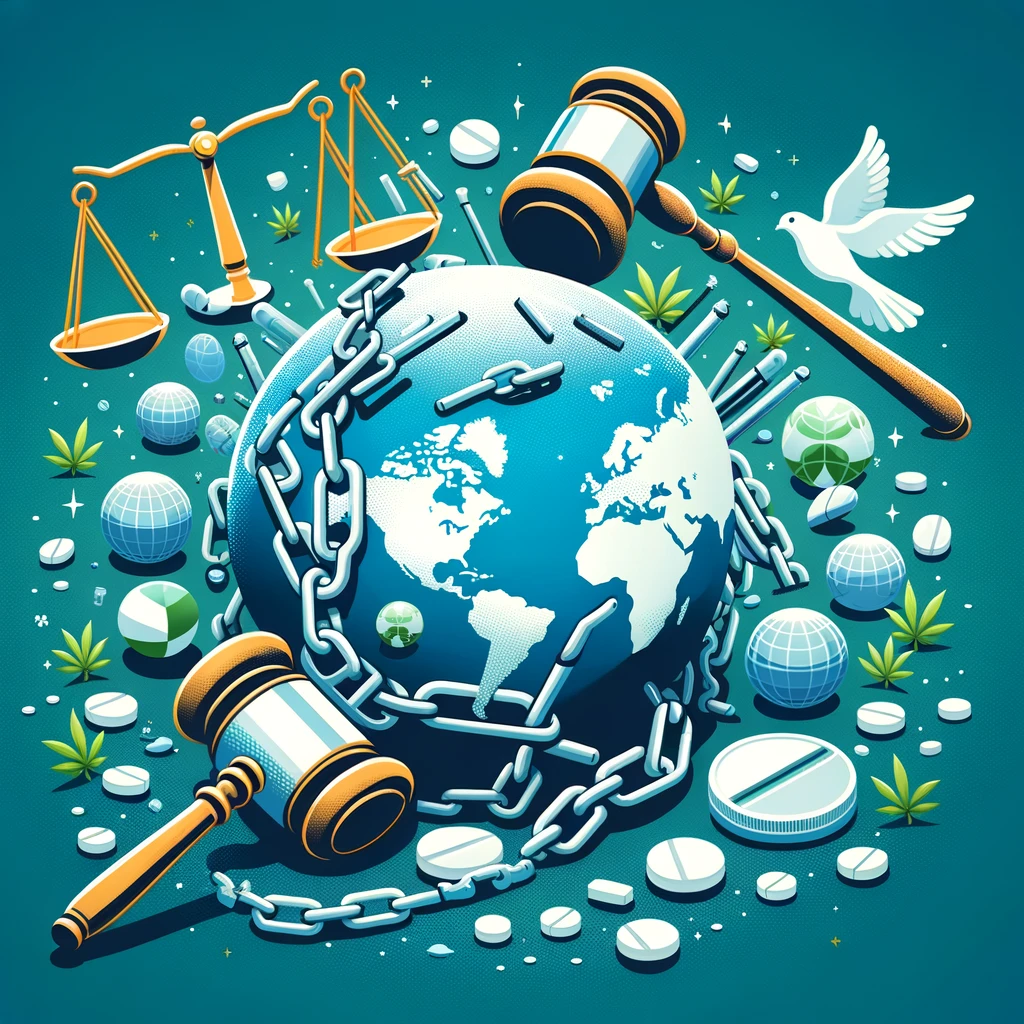In an as-yet unreleased statement circulated to the BBC, Richard Branson and others, the UN Office on Drugs and Crime (UNODC), which has shaped much of the global drug policy for decades, calls on governments around the world to decriminalize drug use and possession for personal consumption for all drugs.
This is a refreshing shift that could go a long way to finally end the needless criminalization of millions of drug users around the world. The UNODC document was due to be launched at the International Harm reduction conference in Malaysia yesterday.

Background of Drug Decriminalization
Yet, in their lust for a drug-free world, governments have poured billions into tough law enforcement that did nothing to reduce drug supply or demand, or take control from the criminal organizations in charge of the global drug trade. In the US alone, over 1.5 million people were arrested in 2014 on non-violent drug charges, 83 per cent of those solely for possession. Globally, more than one in five people sentenced to prison are sentenced for drug offences.
Reasons Behind the Call for Decriminalization
Several factors have motivated this shift:
- Ineffectiveness of the War on Drugs: Increasing data suggests that punitive drug laws have not significantly deterred drug use but have instead led to overcrowded prisons and exacerbated social inequalities.
- Success in Other Nations: Countries like Portugal, which decriminalized all drug use in 2001, have seen significant public health improvements, including reduced overdose deaths and HIV transmission rates.
- Economic Benefits: Decriminalization could reduce the immense costs associated with the criminal justice system, redirecting resources to health and social services.
It is good to see that the UNODC have stated, without doubt, that the criminalization of non violent drug offenders is counterproductive. They also said that the punishments were disproportionate and echoed concerns of the human and monetary costs of their current drug policies as was earlier voiced by UN Secretary-General Ban Ki-moon.
Case Studies
If you look at the available evidence, UNODC is on the right side of history. In places where decriminalization has been tried, like Portugal, drug-related deaths were reduced significantly, as were new HIV or Hepatitis infections. Combined with harm reduction programs’, decriminalization will save lives as people who use drugs will no longer fear arrest and punishment when accessing healthcare services, it will also reduce crime and ease the burden on prison systems and law enforcement agencies.
Conclusion
The UN’s potential call for the decriminalization of drugs could be a watershed moment in global drug policy. By shifting away from punitive approaches and towards a health-centered model, the UN aims to address the shortcomings of the war on drugs, advocating a path that could lead to more humane and effective drug policy worldwide.
FAQs
Q: What does drug decriminalization mean? A: Decriminalization refers to reducing or removing criminal penalties for drug possession, especially for personal use, without necessarily making the sale or production of these substances legal.
Q: How has decriminalization impacted countries that have adopted it? A: Countries that have decriminalized drug possession generally report improvements in public health outcomes, a reduction in the prison population, and better allocation of law enforcement resources.
Top 5 Coffeeshops In Amsterdam
